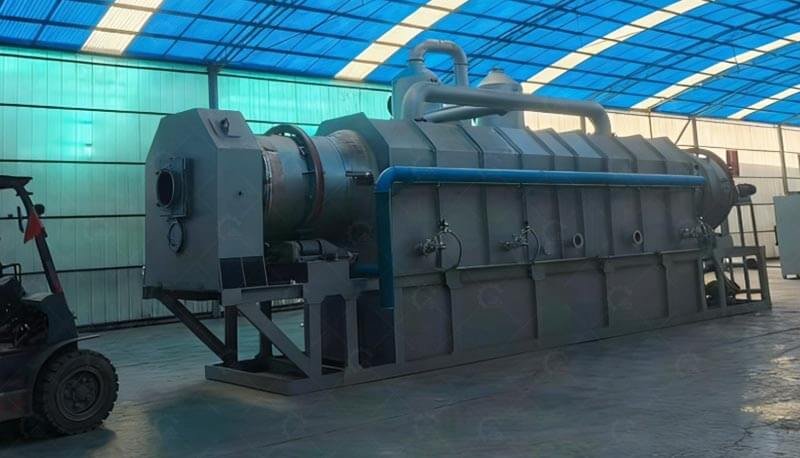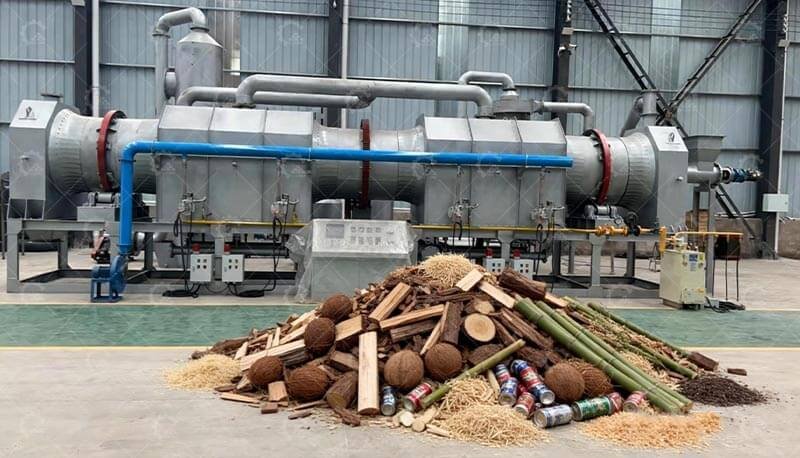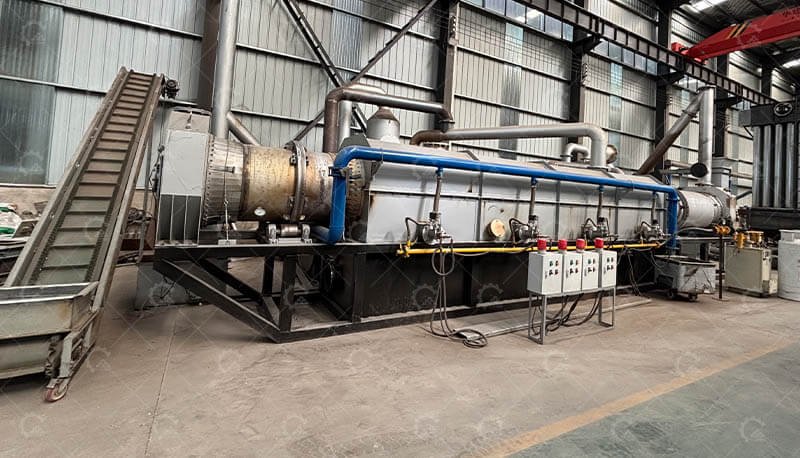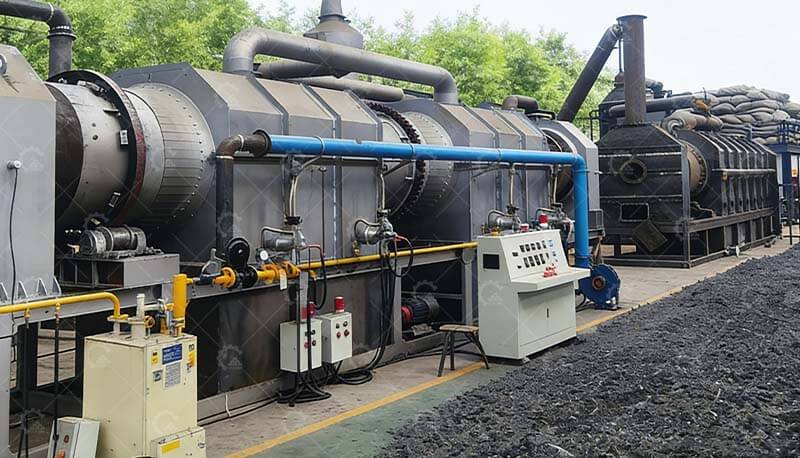For businesses in the biofuel and charcoal industry, investing in a reliable carbonization furnace for wood charcoal is critical to transforming raw biomass into high-quality fuel. Whether you’re processing hardwood, coconut shells, bamboo, or agricultural waste, choosing the right furnace impacts productivity, energy efficiency, and final product value.
Understanding Carbonization Furnaces: From Raw Material to Biofue
A carbonization furnace thermally decomposes organic materials (like wood) in an oxygen-limited environment, converting them into charcoal. The process preserves carbon content while removing volatile compounds, producing clean-burning fuel.
Common Raw Materials:
Hardwood (oak, maple)
Softwood (pine, spruce)
Agricultural waste (coconut shells, rice husks)
Bamboo or forestry residues
Final Product Applications:
Industrial fuel briquettes
Activated carbon feedstock
How to Choose the Right Carbonization Furnace
Raw Material Compatibility
Different furnaces are optimized for specific biomass types. For example:
Hardwood/Softwood: Requires high-temperature furnaces (650°C–900°C) for dense materials.
Coconut Shells/Bamboo: Use continuous carbonization systems to handle fibrous textures.
Mixed Waste: Opt for modular designs with adjustable airflow and temperature controls.
Daily Processing Capacity
Match furnace size to your production goals:
Small-Scale (1–5 tons/day): Batch-type furnaces for artisanal workshops.
Mid-Scale (5–20 tons/day): Semi-continuous models with automated feeding.
Large-Scale (20–100+ tons/day): Fully continuous carbonization systems with energy recovery.
Pro Tip: Oversized furnaces waste energy, while undersized units bottleneck output.
Final Product Quality Control
Ensure your furnace delivers charcoal with:
High Fixed Carbon (80–90%) for premium fuel value.
Low Ash Content (<5%) for cleaner combustion.
Uniform Size/Shape (achieved via post-processing crushers or briquette presses).
Advanced Features for Modern Carbonization Furnaces
Stay competitive with technology-driven solutions:
Gas Recycling Systems: Capture syngas to power the furnace, reducing external energy needs.
Automated Temperature Controls: Ensure consistent carbonization for uniform quality.
Emission Scrubbers: Meet global environmental standards (e.g., EU, EPA).
IoT Monitoring: Track real-time data on temperature, pressure, and output.
Why Partner with a Professional Manufacturer?
Reputable suppliers offer:
Customization: Tailor furnace dimensions, heating methods, and automation levels.
After-Sales Support: Installation training, maintenance plans, and spare parts.
Certifications: CE, ISO, or EPA compliance for international exports.
A carbonization furnace for wood charcoal is a long-term investment that dictates your operational efficiency and profitability. By prioritizing raw material adaptability, scalable capacity, and emission-reducing technology, you can produce premium charcoal while aligning with sustainability goals.
Ready to upgrade your production line? Contact us for a free consultation and explore furnace models designed for your specific biomass and output targets.






